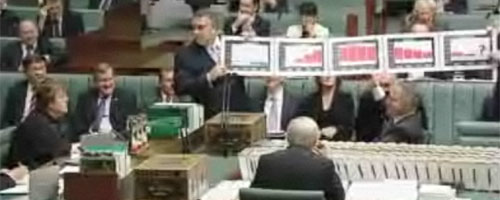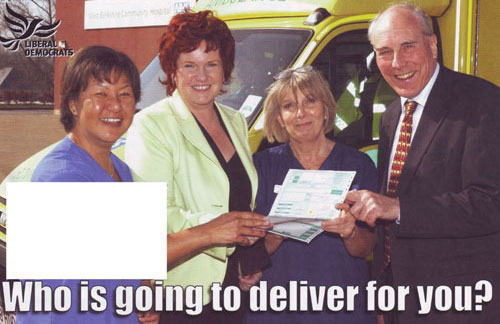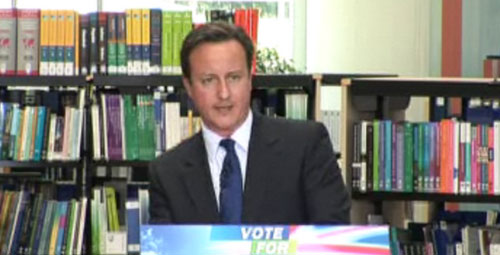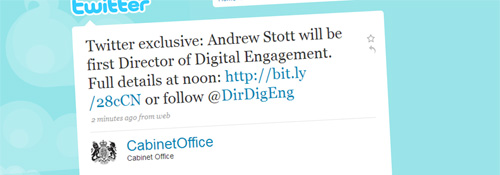When Andrew Stott was appointed Director of Digital Engagement, I commented that it wasn’t the ‘rock star’ appointment many of us had been led to expect. Well, the ‘rock star’ appointment came through yesterday, with the news that Sir Tim Berners-Lee as the government’s ‘expert advisor on public information delivery’. The Director position required evidence of having ‘run a public facing web site of significant size’: well, I guess TBL qualifies, having run the entire web at one point. 🙂
This is meant to send a loud and clear signal to the civil service: raw data now. And I couldn’t agree more; see this post, for example, from 2008 about ‘API-first publication’, in the context of the 2011 Census. But I think it’s more about how that signal gets sent.
The Cabinet Office press release says:
He will head a panel of experts who will advise the Minister for the Cabinet Office on how government can best use the internet to make non-personal public data as widely available as possible. He will oversee the work to create a single online point of access for government held public data and develop proposals to extend access to data from the wider public sector, including selecting and implementing common standards. He will also help drive the use of the internet to improve government consultation processes.
It reads like a rather hands-off, committee-based kind of role. And whilst that wouldn’t be a bad thing in itself, I wonder if it’s what The Machine really needs from him. What’s the question, to which ‘Sir Tim Berners-Lee’ is the answer?
I don’t think we particularly need the advice on standards; and I don’t know that TBL will be able to tell (checks the post-reshuffle situation) Tessa Jowell how to organise data publication processes inside the typical Whitehall department. But what he will be able to do is intimidate persuade those people who always seem to block the initiatives which have already gone before. He may have more success saying the exact same things many of us have already been saying for some time, because of who he is.
Stuart Bruce, who knows a thing or two about PR / technology / the Labour Party responded thus on Twitter: ‘Opening access to government data YES! Well done. But Tim Berners-Lee? Isn’t that just like Sugar, yet more cult of celebrity.’ Maybe so. Probably so, in fact. But it may be exactly what we need.



 I’m also intrigued by something Libertas have put together: a ‘
I’m also intrigued by something Libertas have put together: a ‘ Conservative MP
Conservative MP 